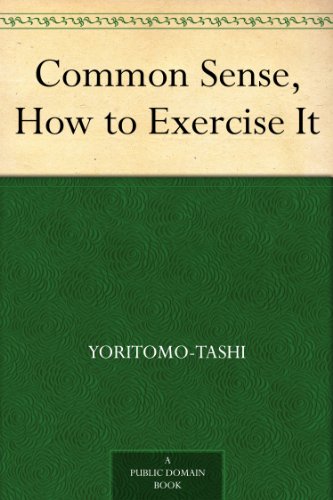What do you think?
Rate this book


122 pages, Kindle Edition
First published January 1, 1916
“Those, who see things through the medium of enthusiasm refuse to recognize that they could be deprived of brilliancy and beauty. The others, those who look upon things from a pessimistic standpoint, never find anything in them save pretexts for pouring out to their hearers tales of woe and misery.”
"We may all possess wisdom if we are willing to be persuaded that the experience of others is as useful as our own."